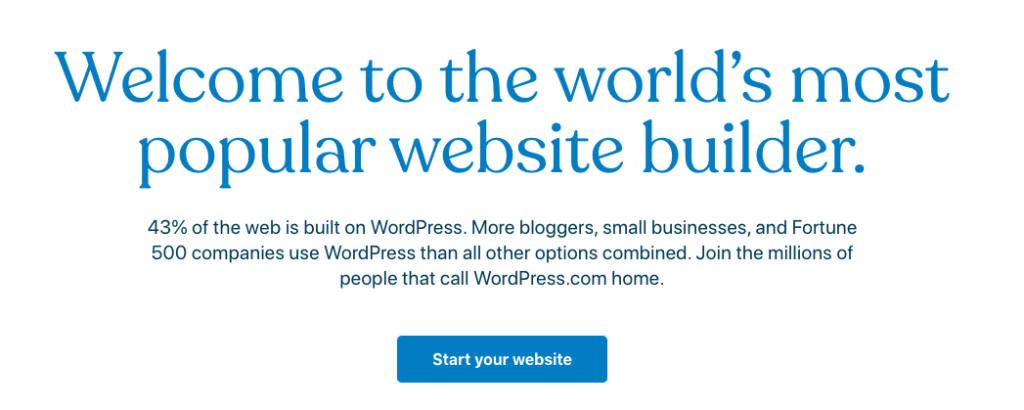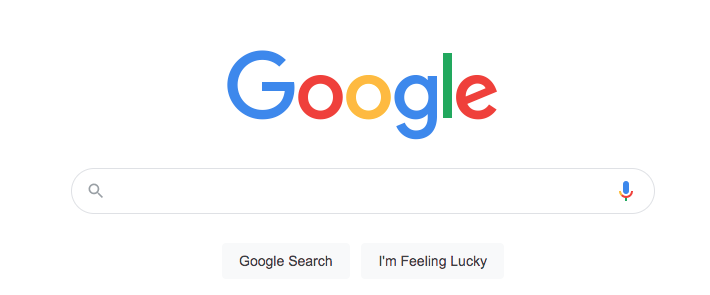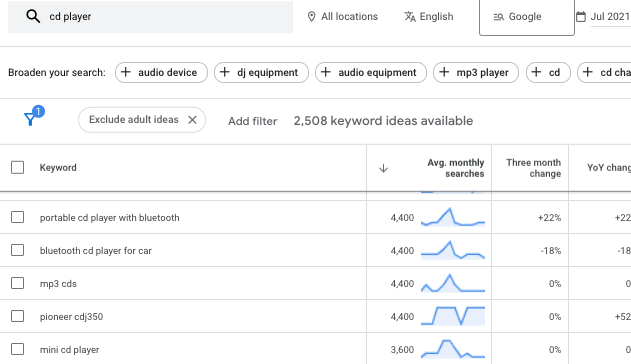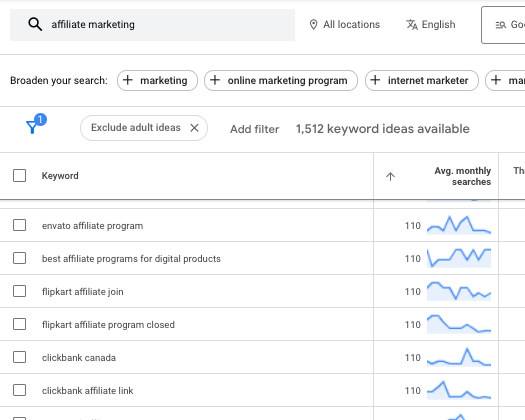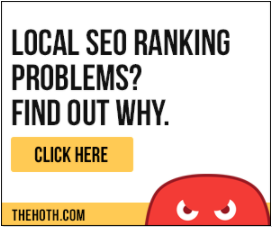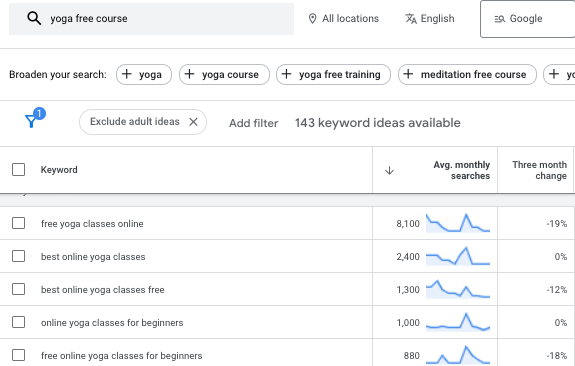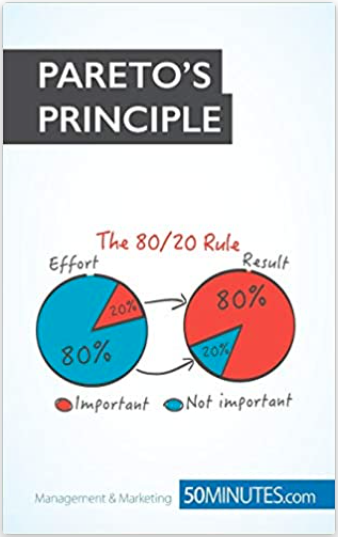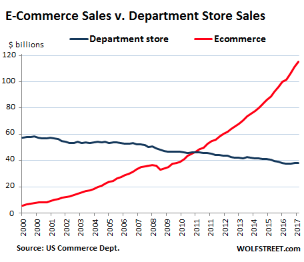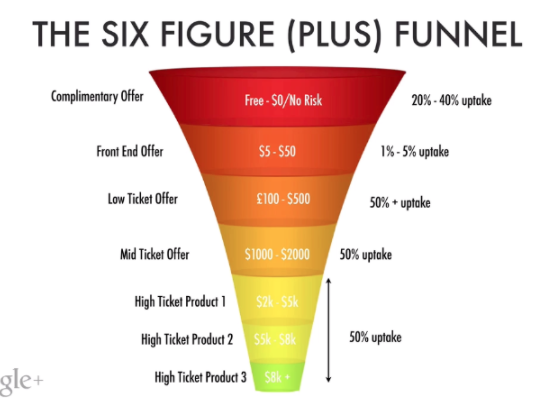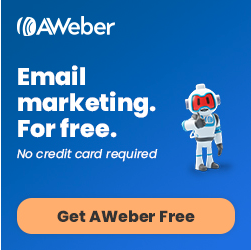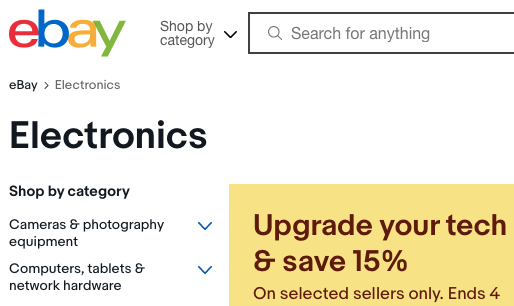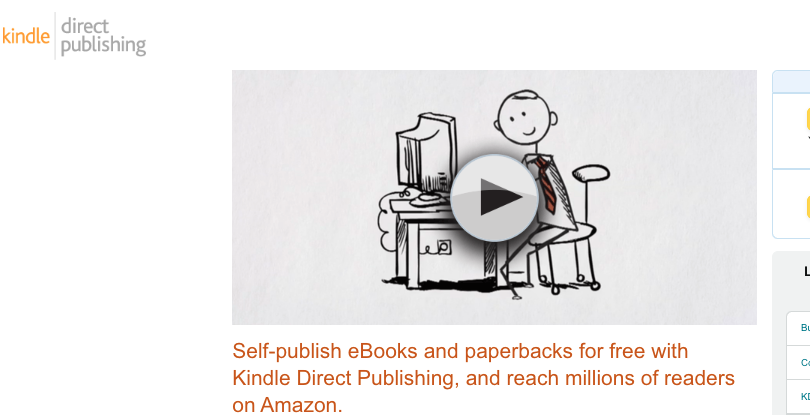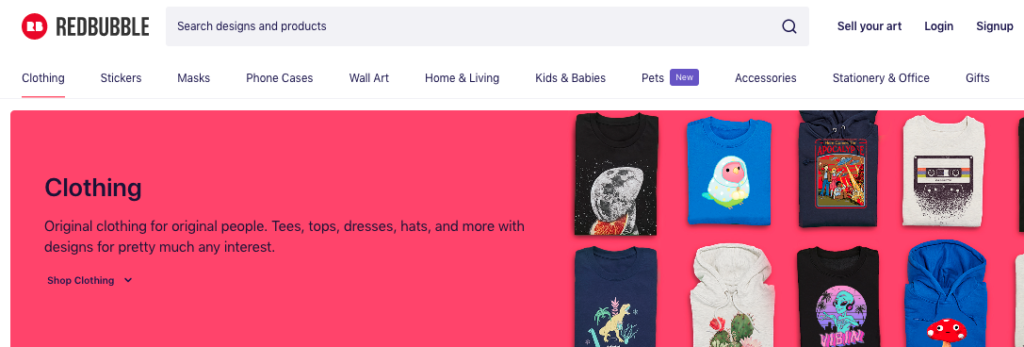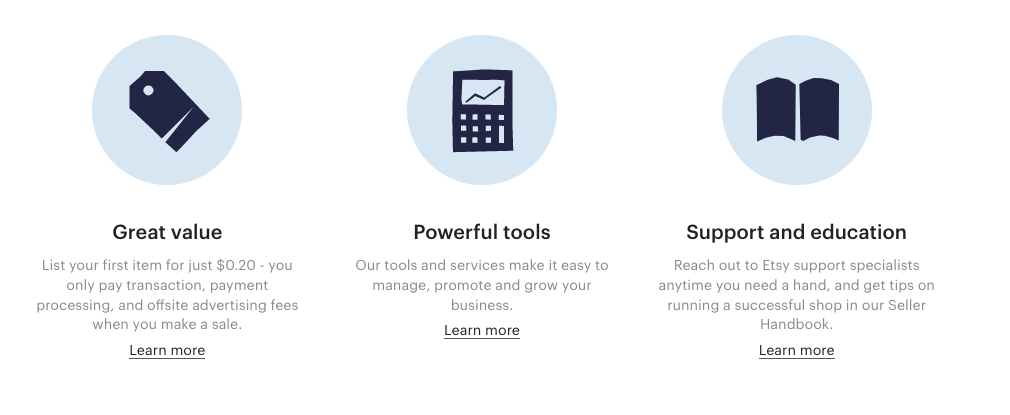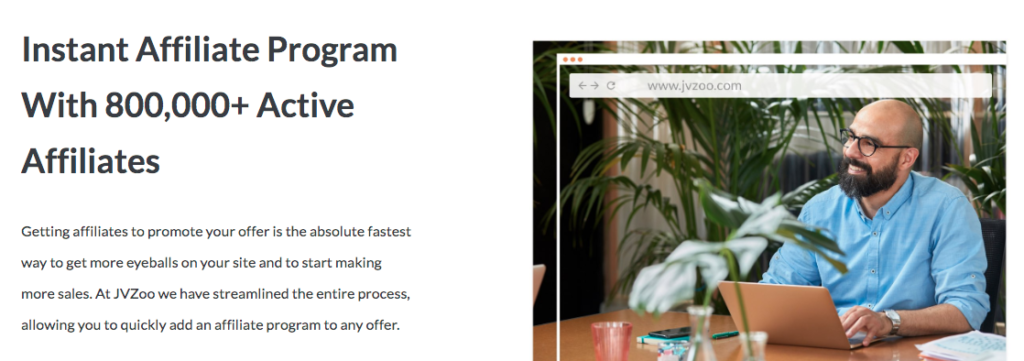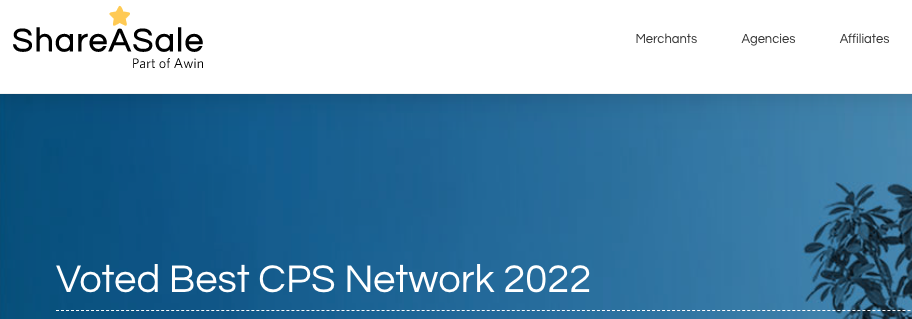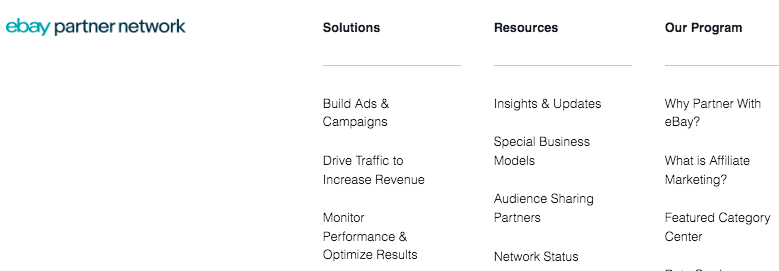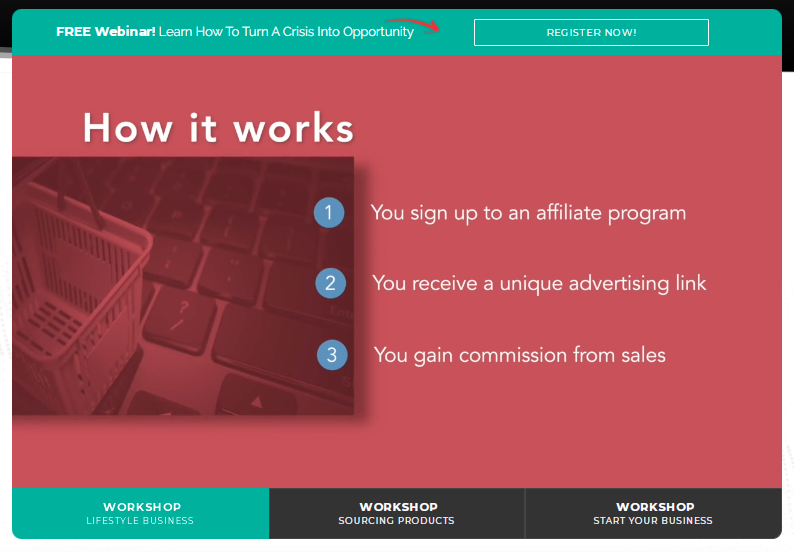What are the benefits of blogging? For a business, a blog can be a good way to increase your sales. Blogging helps to gain website traffic and draw in potential customers. But there’s more to blogging than simply making more money. Many bloggers enjoy blogging as it helps them focus and it’s an outlet for their creativity, thoughts and emotions.
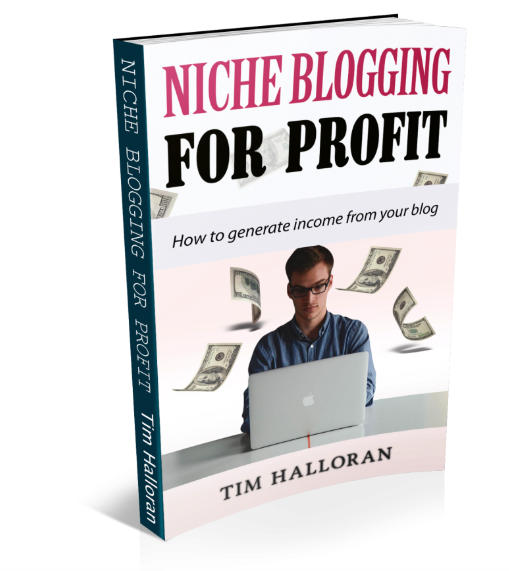
As an affiliate marketer, blogging is one of my main strategies for getting traffic to my affiliate offers. But traffic doesn’t come easy with blogging. It can take some time before you build up enough content to attract a steady flow of free visitors. Many affiliates will quit long before they reach enough traffic to build some real income. (See affiliate marketing success rate.) But for those who stick with it, blogging can ultimately give you a passive income from online sales.
Benefits Of Blogging: Sharing A Passion
Because of the high drop out rate among bloggers, it’s wise to choose a topic you’re passionate about; or at least have an interest in. Sharing a passion is a worthwhile endeavour whether or not you make a living from it. It’s a great way to connect with other people around the world who share your interest. Knowing you have helped someone solve a problem you have personally overcome is incredibly rewarding in its own right.
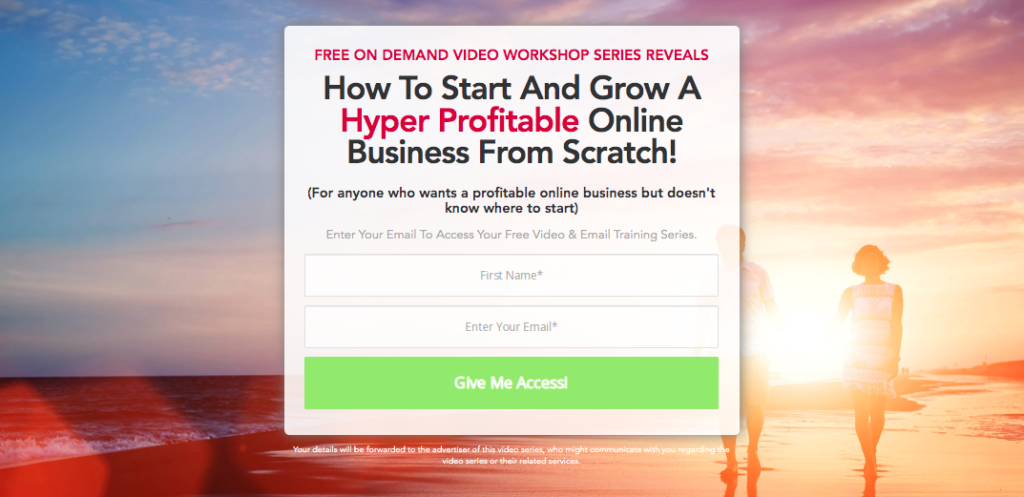
So whatever your passion is, building a blog around it can help you to express your creativity. It’s also an outlet for thoughts and ideas. Blogging can be incredibly rewarding and fulfilling, whether or not money is involved.
Benefits Of Blogging: Educating Others & Yourself
If you have a knowledge about something, or intend to learn about a particular topic, blogging is a great way to share your knowledge and/or consolidate knowledge at the same time. Blogging about something you’re interested in helps you pick up new knowledge and find new ideas related to your topic.
When I began blogging about affiliate marketing, I didn’t know as much on the topic as I do now. I had to learn about the topic as I blogged about different areas of the niche. There’s always more to learn too. By sharing knowledge as you go, you are learning twice because you learn once from others and share the information on your blog!
You don’t have to be an expert on a topic to blog about it and you can learn as you go. You do really need an interest in your topic though because you’ll need to stick at it for a long period of time!
Benefits Of Blogging: Gaining Exposure
Blogging naturally attracts people to your content over time as Google indexes your content and starts to rank it on the search engine result pages (SERPS). It can take some time before this happens, but you can also learn about the various ways to boost traffic to your website as you go.

This might mean sharing content on social media, linking back to it from other websites and even posting guest blogs on other authoritative websites. All of this of course adds to your exposure and posting guest blogs on other people’s websites will naturally showcase your work to a growing audience over time and give you more backlinks; helping you gain more authority with Google.
Benefits Of Blogging: Authority
As you continue to build content through sharing your knowledge and insight at a particular topic, you will naturally grow your authority online; both with your visitors and with Google (and other search engines). Having a strong perceived authority with your website visitors will mean they are more likely to trust you and believe in your expertise. This means they’re more likely to sign up to your newsletter (email list) and purchase whatever you’re selling too.
Your authority with Google and the other search engines also has a tremendous power. Once your authority grows with Google, your content will start to grow in the rankings. As your rankings improve, more people will be able to find your content and this has a knock on effect of exponentially increasing your website traffic over time. As more people visit your content, more people will like and share it. More will sign up to your email list, buy from you and also naturally linking to your content from other websites.
More backlinks equals more authority and so the cycle continues: better rankings, more traffic etc.
Benefits Of Blogging: Ranking & Free Traffic
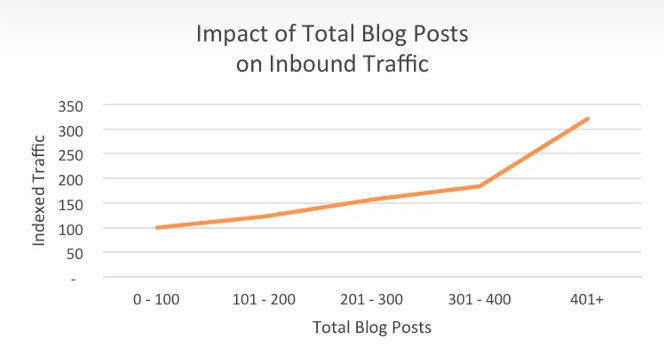
One of the main goals of bloggers is to get free traffic from the search engines. This can be tough at first but as you can see from the above point, the more content you create and the higher your rankings go, the more traffic you attract and the greater your authority can build.
This situation although difficult to see at first can lead to a huge amount of free traffic to your blog. If you’re using blogging as an income generating tool, and selling something from your website, this can be incredibly lucrative if you stick with it for long enough.
Blogging can be used to find unique visitors who are looking for a specific answer to a specific question. By answering questions which are typically posed by your target audience, you can attract buyer traffic: people who are most likely to buy from you.
Viral Traffic
Another way blogs can encounter a lot of natural (organic) traffic is through sharing on social media. The more content you can create, the more likely you are to get something taking off through social media sharing.
As you create content on your blog and share it on your social media platforms, people will see it and visit your blog. If it’s popular, it can be shared a number of times and even go viral. A viral post is one which continues to be shared over and over again; leading more and more visitors to it. Traffic can spike dramatically if a post goes viral.
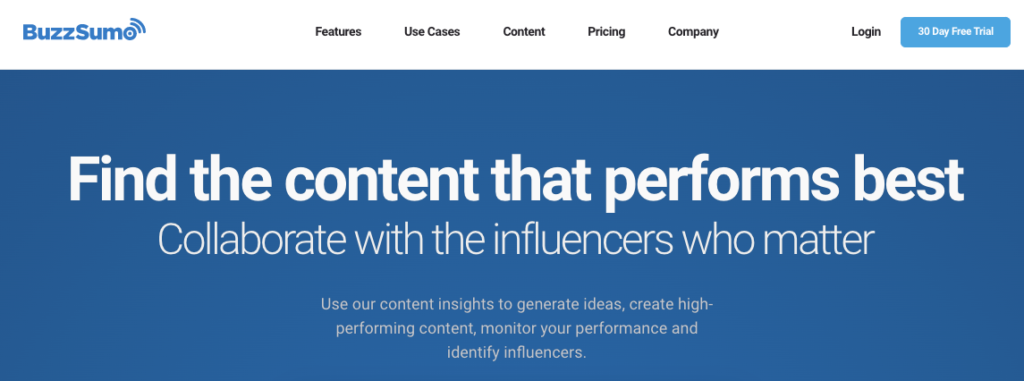
You can see examples of viral content sharing using the platform Buzzsumo.com. Buzzsumo is a site for marketers where you can find the most popular trending content which is performing the best on social media platforms.
Building Trust
People buy online from people, not from websites. Most people aren’t going to trust you if you immediately try and sell something to them online. After all they don’t know you. The same would be true in person. Blogging is a good way to build trust with your audience while also building credibility and authority. When people buy online it’s because they have got to trust you.

This is also a good reason to build an email list. With an email list you can continue to build trust by sending out useful information through email messages. On a blog, visitors are only around for a short time typically. Which means you only have a few minutes to build trust and demonstrate your trust-worthiness! On an email list this time is extended dramatically. You can send email messages for months, years and even decades after someone lands on your blog, if you get their email address.
Building A Brand
A brand is useful online because it conveys who you are and what you stand for. A blog can be part of this brand. If you aim to help people solve particular problems with your blogging, you can demonstrate that you know what you’re talking about while also building your brand.
A brand conveys your values, vision and mission and people are much more likely to see your value if it is aligned with their own values. Think about the major brands online and what they (say) they stand for:
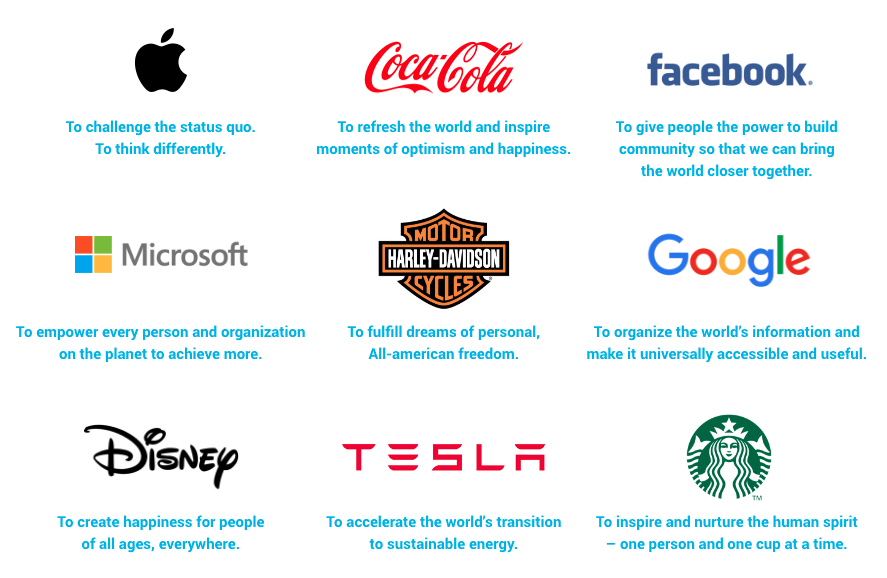
Improve Your Writing Skills
I still have to check my spelling often when writing blogs but I’ve definitely improved my writing speed since becoming a regular blogger. As a beginner it took much longer to come up with ideas and to write a blog post than it does today. So as you make a habit of blogging, it will become like second nature to you, you’ll improve your grammar and the speed of your writing will also improve.
I’ve also found blogging to be a very cathartic activity which helps me clarify my thoughts.
Build A Passive Income/More Custom
Blogging can ultimately help you build a passive income through promoting affiliate products. If you have a business already, blogging is a good way to increase organic traffic and attract customers for free.
Most businesses see the benefits of blogging over the longer term as one of attracting free traffic. While this can take months or even years to accomplish, free sales is definitely something worth working for!
See also organic marketing vs PPC.
